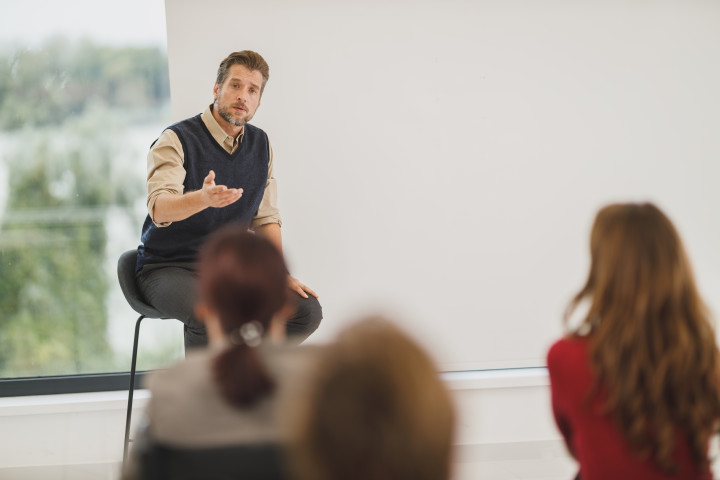There are many different tips a therapist could share; however, the below is a set of easy to remember and effective concepts anyone can implement. Whether we practice it or not, we’re all familiar with the term: patience. We’ll use the acronym P.A.T.I.E.N.C.E. to easily remember the below tips, but also as a gentle reminder that change of any kind requires endurance.
P: Pay attention to your body and your needs. Behaviors are a way of communication. Observe your behaviors and look for what it is you’re trying to communicate. Once you are able to identify those needs you are able to ask for help. For example: is your heart beating fast? Are you tired? Are you noticing increased irritability? Listen to yourself and learn when its time to ask for help.
A: Ask for help. Every day is a different day and if you’re experiencing a struggle reach out for help. Identify a safe person that you know you can always reach out to for help. Asking for help is important to recovery so you aren’t in this alone. Chances are others have experienced it as well and can provide you with a new skill to help you overcome the struggle.
T: Identify a trusted individual, or perhaps even a professional who you can just talk to. There is such a power in talking and processing things, we should all practice open lines of communications.
I: Intuition. Practice listening to yourself and trusting yourself. There can be self-doubt on whether you are ready to trust yourself to make healthy decisions. Engage in meditation and self- exploration to understand yourself and strengthen your intuition.
E: Explore yourself. Growth comes with understanding yourself, behaviors, and needs. Take time to explore who you are and what you want. Just a few moments a day on self-reflection can nurture and promote growth. For example: learn pieces of your identity (spirituality, self-care activities, nutrition, ways to have fun, and identifying others who promote healthy growth in your life.)
N: Nurture yourself. Be kind and have patience with yourself. Meditate daily to learn relaxation and positive coping skills. Eat healthy, learning self-soothing techniques, and use positive self-talk. Positive self-talk is a powerful skill to change the way you think and see yourself.
C: Change. Change is inevitable but often times something that we have the most difficult time with. You must first identify what needs to change and then make reasonable commitments to reach the goal. Take change slowly. Identify one thing you would like to focus on and change throughout the day.
E: Experience. Find the opportunity in every experience. If you change your mindset to find an opportunity even in the most uncomfortable tasks you will begin to develop a positive outlook and find purpose. So much learning and growth can be found in new experiences. Recovering from addiction means finding new experiences. It may be trial and error before finding the right fit, but no matter what, keep trying and you can reach a better quality of life.
The biggest growth comes from reflection within and learning to understand yourself. Final note: set an intention for each day first thing in the morning. That intention could be positivity, joy, calmness, peace etc. Putting a positive intention out can set the tone to have a great day.
Author: Laura Golden, MSW, LSW – Footprints to Recovery – Substance Abuse Counselor






